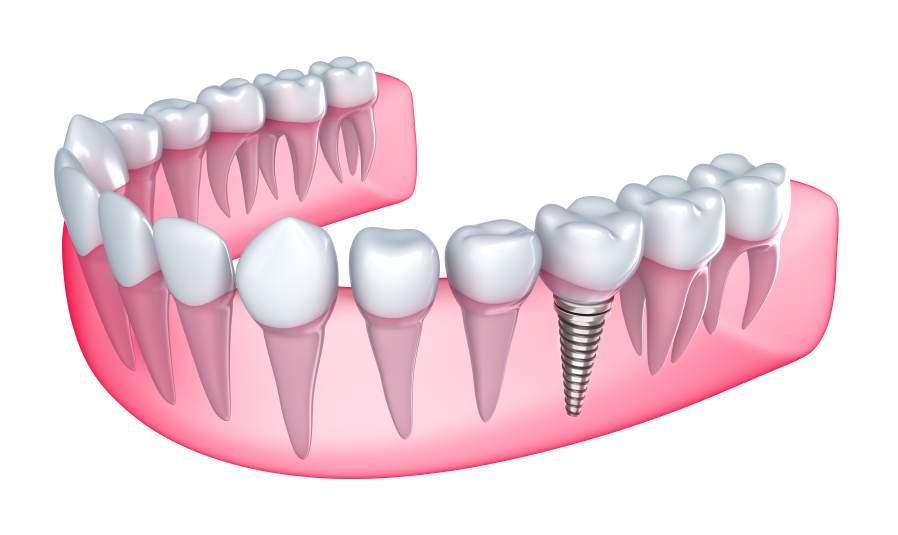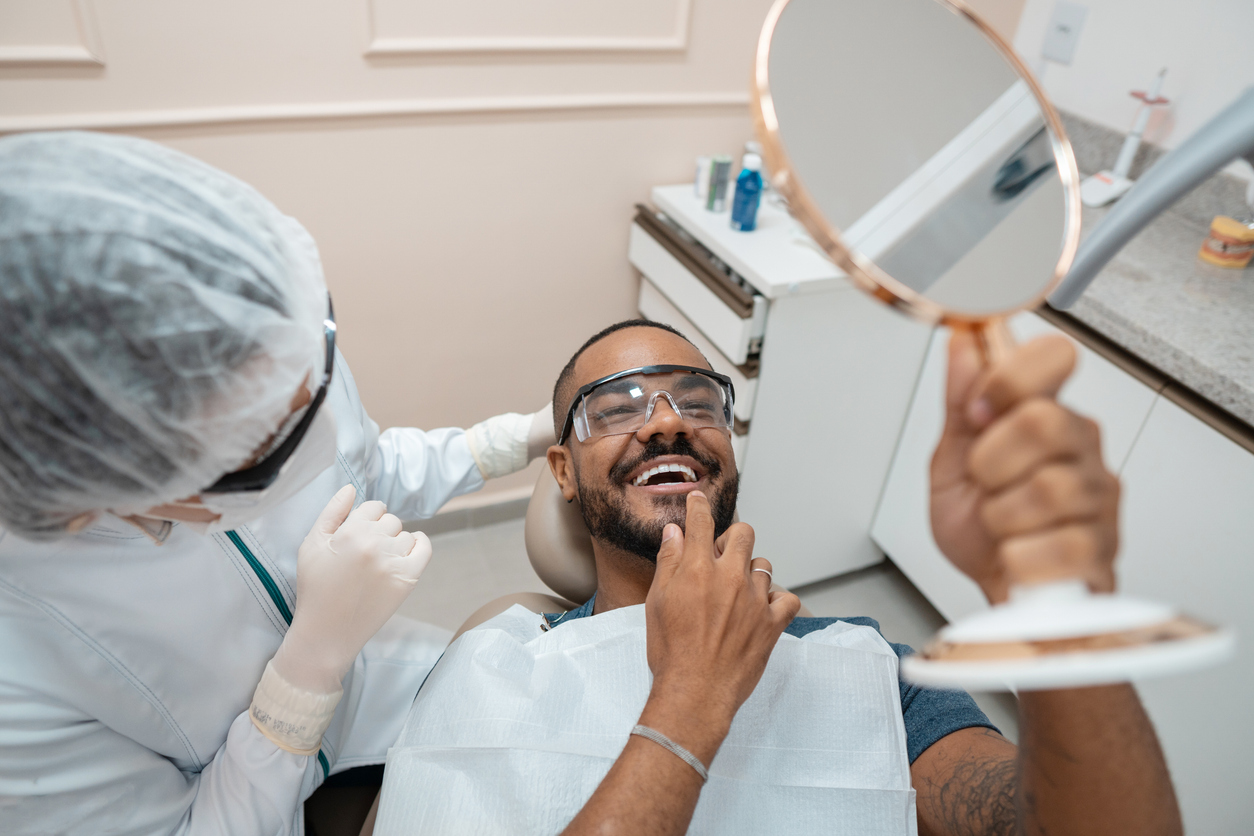If you’re wondering what a Periodontist is and what they do, then you’re like many people. Sometimes our dentists refer us to these specialists, like Dr. Trujillo, for certain gum tissue needs because the periodontist is more suited to our dental situation.

A periodontist is a dentist who specializes in periodontal disease, oral inflammation, and dental implants. They receive an extensive education along with training in these areas, including three extra years of education after dental school. Periodontists usually treat more problematic cases, like people with severe gum disease or those who have an extensive and complicated medical history. In addition, they offer specific treatments such as root planing and scaling, or root surface debridement.
A dentist can help treat gum disease through routine and deep cleanings, but periodontists are needed for advanced cases of gum disease called periodontitis, which are out of the general dentist’s ballpark.
When to See a Periodontist
A periodontist appointment should be scheduled after you get a referral from your primary dentist. There are a number of reasons why this would happen.
- Exposed root surfaces
- Progressive tooth mobility
- Progressive attachment loss
- Unresolved inflammation (bleeding upon probing, pus, and/or redness)
- Pocket depths >5mm
- Early onset of periodontal diseases (prior to the age of 35)
- Severe chronic periodontitis
- Aggressive periodontitis
- Periodontal abscess and other acute periodontal conditions
- Significant root surface exposure and/or progressive gingival recession
- Deep pocket cleanings
- Bone grafting
- Soft tissue removal
- Hard tissue recontouring
- Crown lengthening
You might also see a periodontist to receive, fix, and/or maintain your dental implants.
Who Should See a Periodontist?
Patients who would benefit from being referred to a periodontist would be those with one of the problems listed above and any of the following conditions:
- Diabetes
- Pregnancy
- Chronic respiratory disease
- Cardiovascular disease
Any patient who is a candidate for the following therapies who might be exposed to risk from periodontal infection, including but not limited to the following treatments:
- Cancer therapy
- Joint-replacement surgery
- Organ transplantation
- Cardiovascular surgery
Severe cases of periodontitis can lead to some of these health problems, even cancer. Studies have also shown that pregnant women with unhealthy gums and teeth often give birth to babies with low birth weight.
If you or someone in your family needs periodontal services, Dr. Trujillo at Arizona Periodontal Group can treat all of your concerns. Please don’t hesitate to call us and schedule an appointment.







